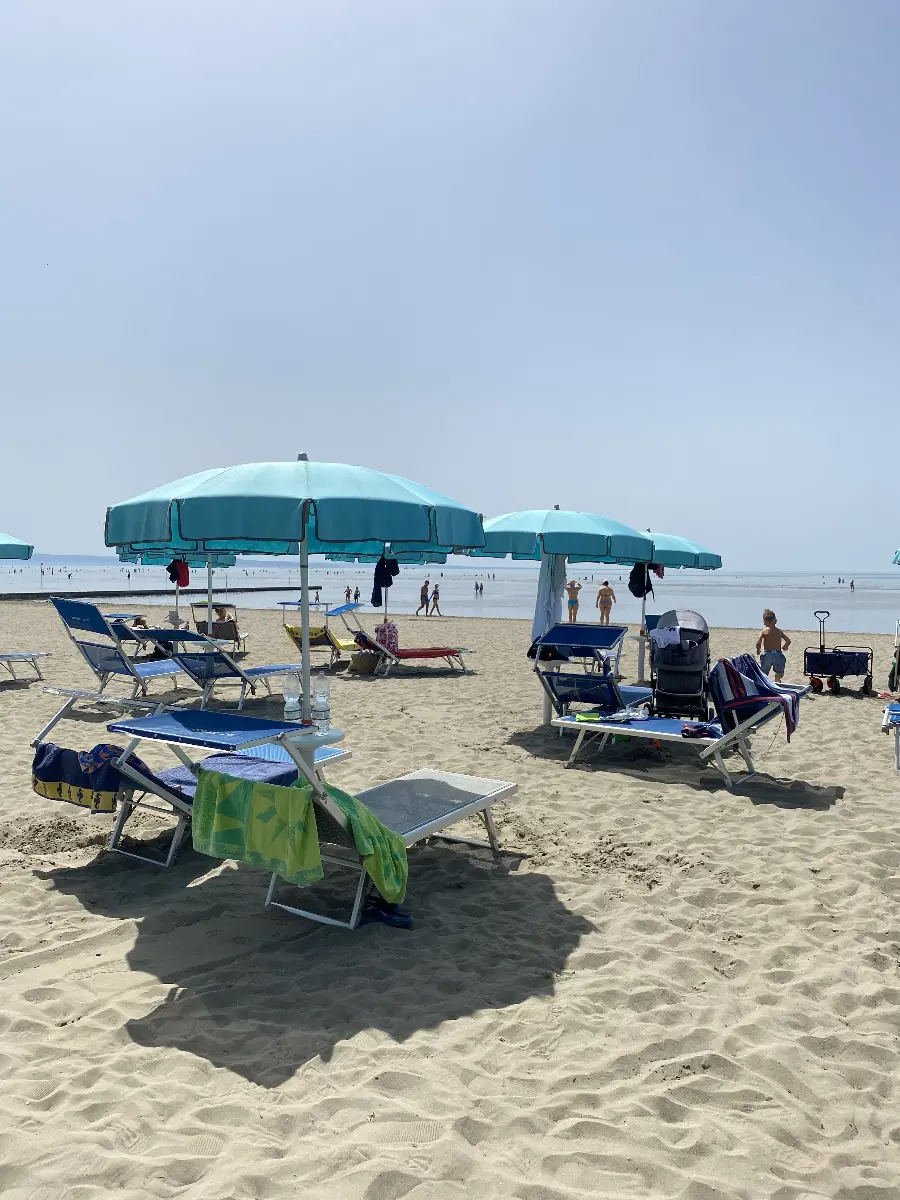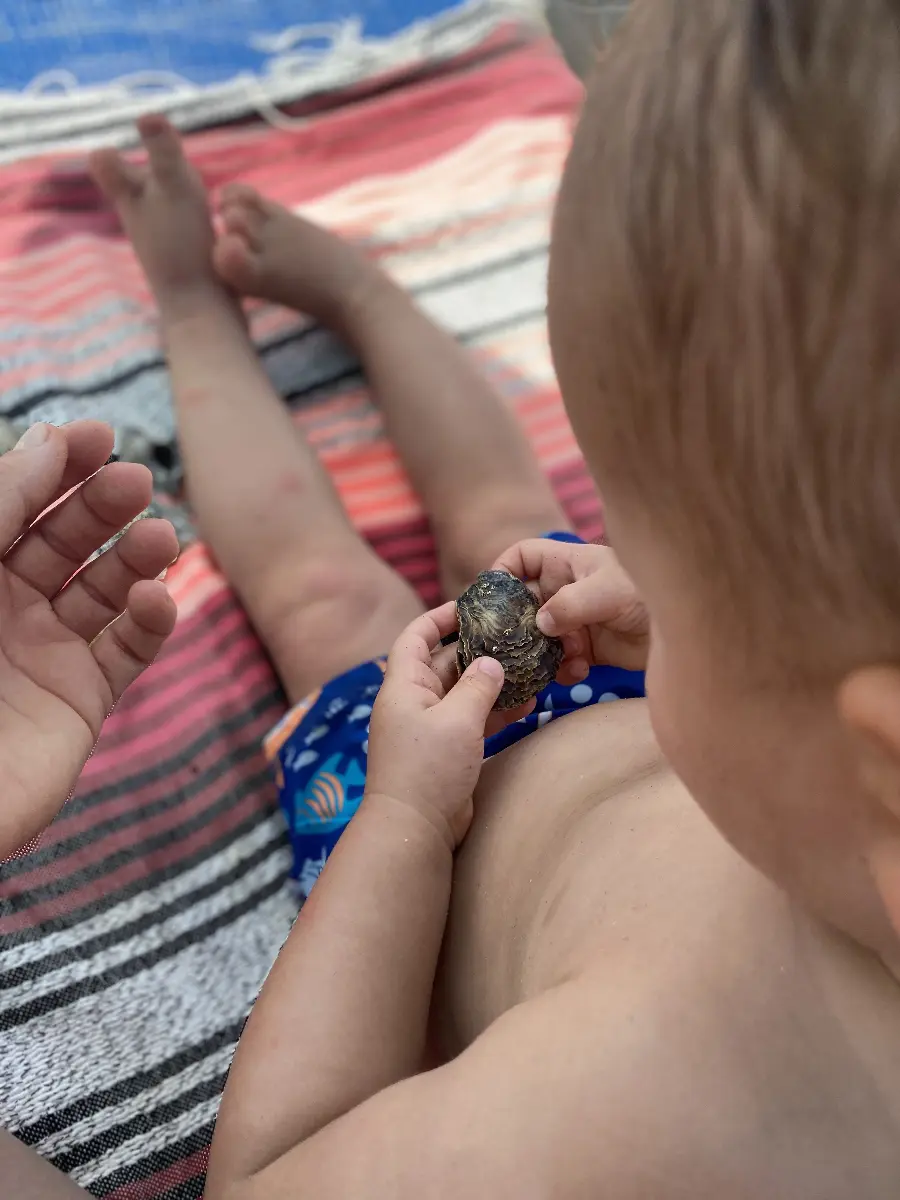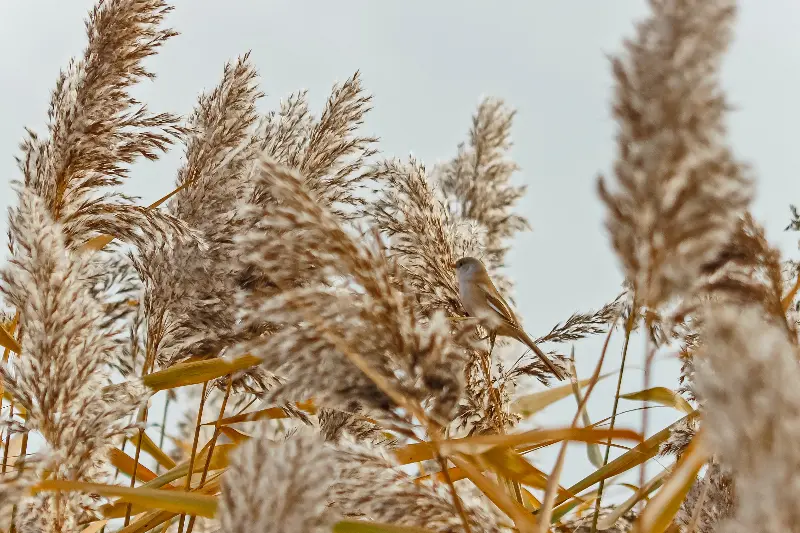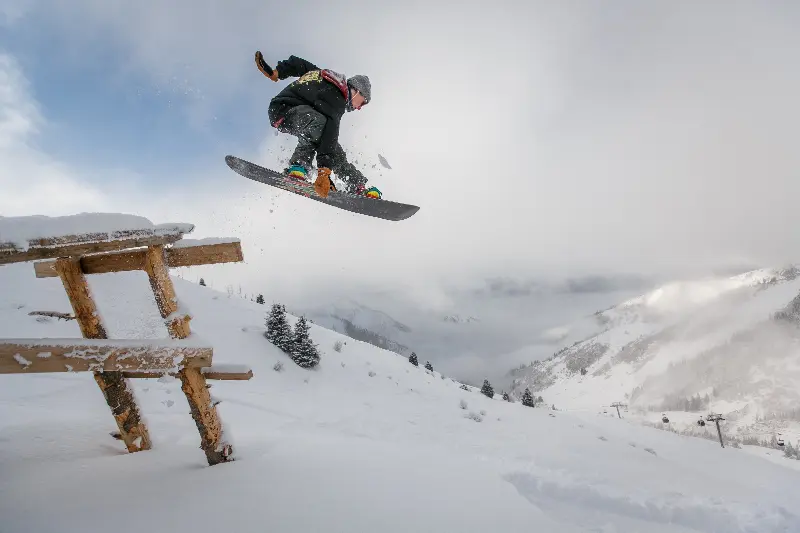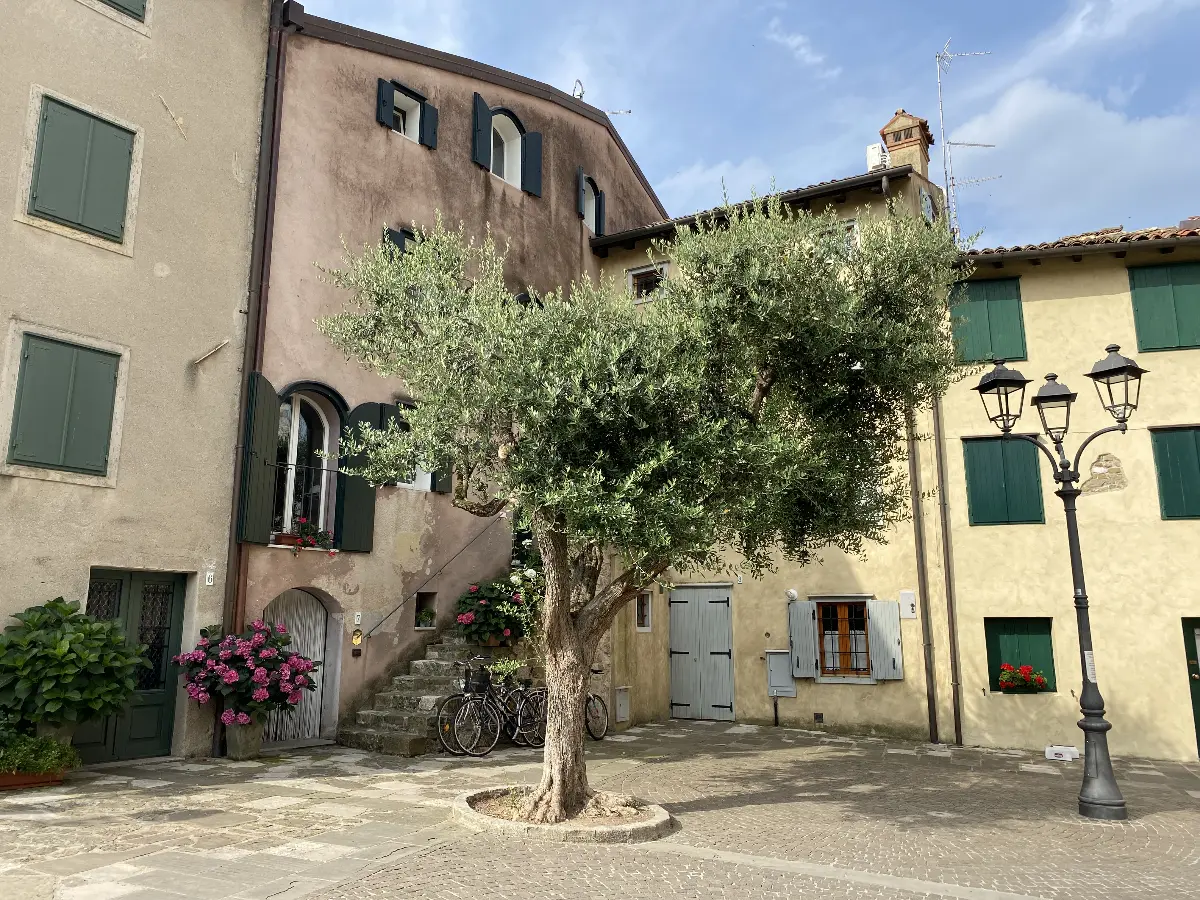
Helyszín címkék:
The jewel of Pizzaland, with a thousand links to Hungary
Szabó Sára
Few people know that not only Grado but also the province of Friuli-Venezia Giulia has many links with Hungary, as well. The history of the Austro-Hungarian Empire, Queen Sissi, and even King Attila the Hun have added a lot to the region’s values. For one of the most significant events in history, we need to turn the time back to 452. This is when the Huns conquered the centre of early Christianity, Aquileia. Many people fled to the lagoons of Grado and continued their lives here, laying the foundations of the sea-lagoon fishery in the town of Grado. The frescoes of the Hun horsemen can still be seen today in the beautiful basilica of the Aquileia Basilica, which is a UNESCO World Heritage site. The city is an unmissable attraction, with its archaeological finds and its unique, continuous “mosaic carpet”. It was also partly thanks to King Attila the Hun that several earlier mosaic works survived so well preserved under the ashes of Aquileia, which was later burnt.
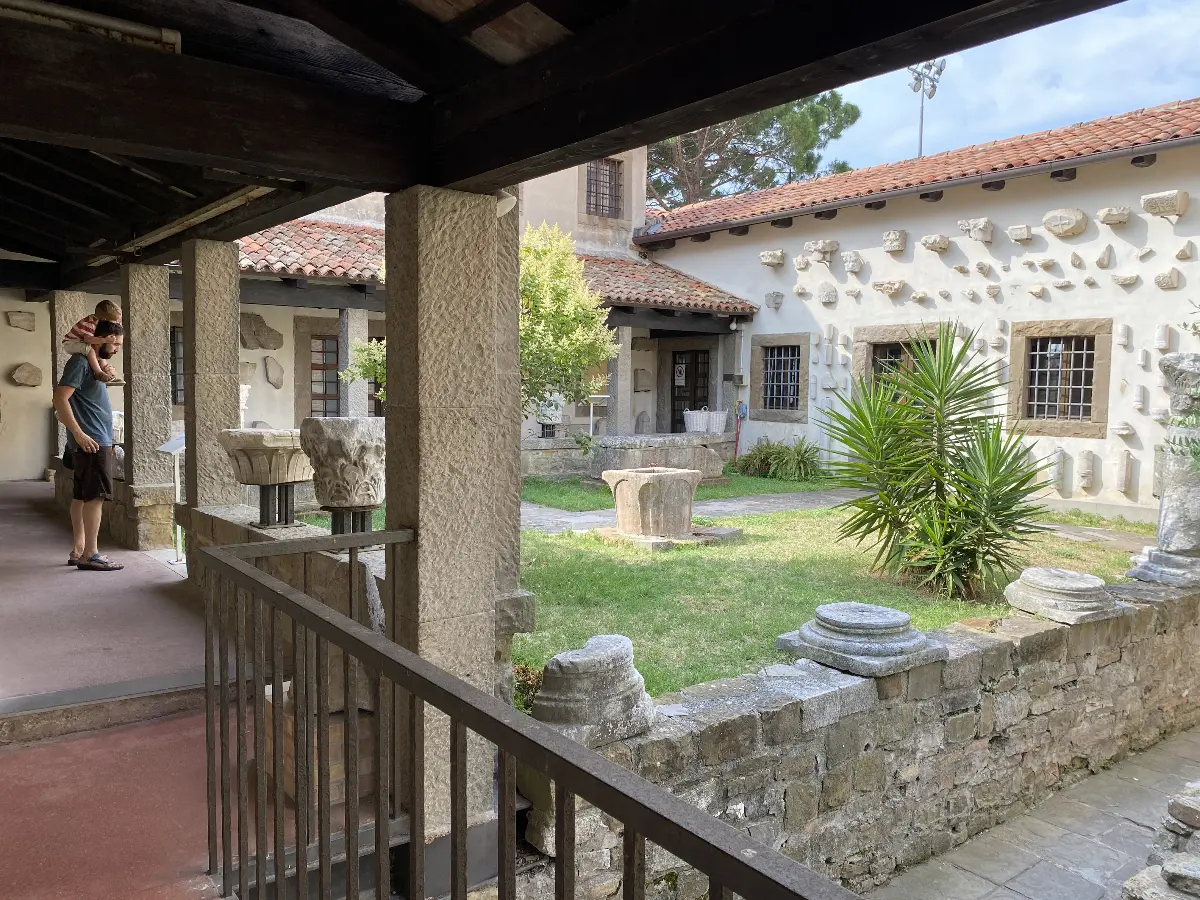
Zero kilometres between Lake Balaton and Friuli
But it is not only in the culture and history of Grado that we have a strong role to play, there are also a number of joint projects between the two countries – mostly in the gastronomic field. According to our conversation with tourism destination expert Kinga Semperger-Sommariva, there is a strong connection between the Fiuli coast and hills and the Balaton coast, but chefs and professionals from several local hotels and excellent restaurants, wineries also visit the region on thematic study tours. It is also home to Cormons, the twin town of Tokaj, which has a special history of Friuliano wine.
“Our aim is to promote ‘zero km’ flavours and food, locally available ingredients and the importance of clean, slow food, focusing on local, multi-generational family business models and to showcase these “best practice” projects in as many places as possible,” says Kinga. He adds that the Kistücsök Food & Room in Balatonszemes, for example, has a long-standing partnership with La Subida restaurant in the nearby Collio wine region, but during the Covid period, Grado and the Balaton partners also brainstormed together to promote fish dishes. There are also connections with Palkonya, several restaurants in Budapest, well-known Italian restaurants in Hungarian resorts and the Villány wine region.
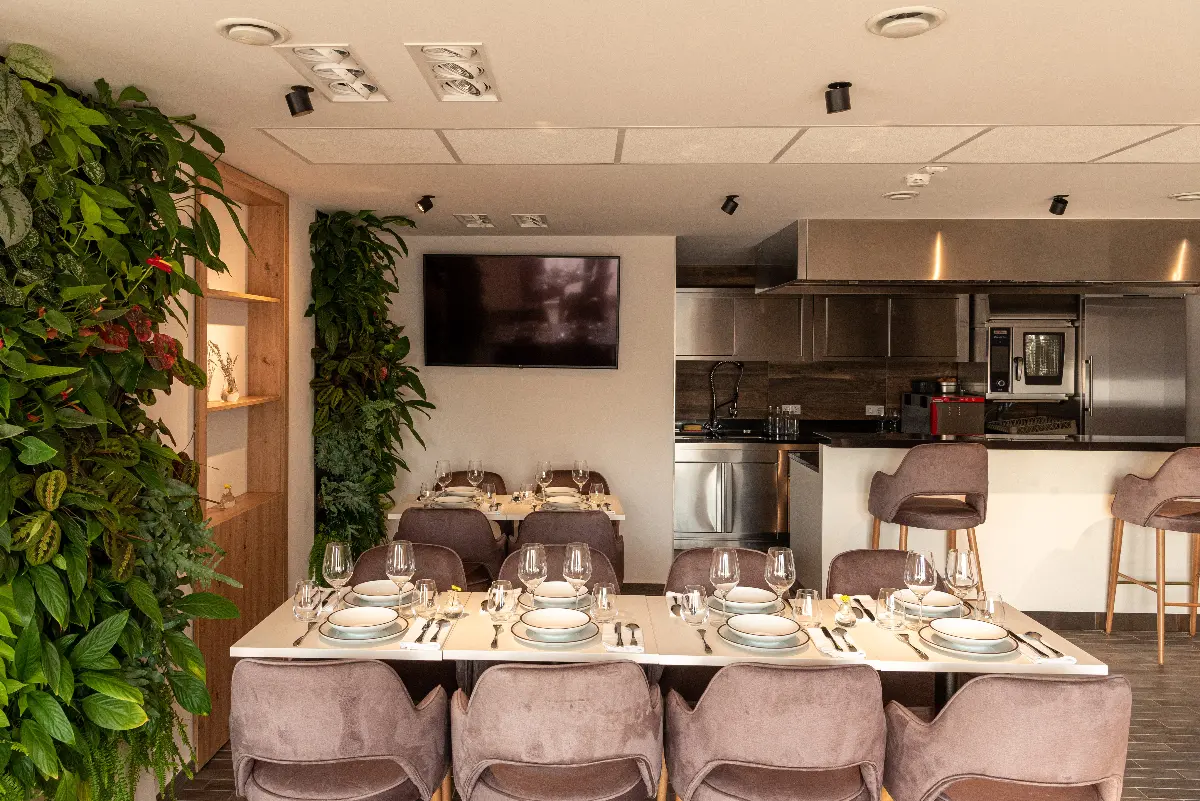
The Italian-Hungarian friendship is tangible as soon as you set foot in Grado. Just 6 hours from Budapest, you don’t have to wait long to hear the first Hungarian word. And the pleasant encounters are not only between Hungarians and Hungarians, Italian residents also like to stop and chat with sightseers. Not only the people, but every corner of the island radiates the so-called “Grado harmony”. The flower-filled streets of the 2,000-year-old downtown, the traditions of the fishermen, the song of gulls, the dolphins, the “green everywhere” principle, the cleanliness and order are all soul-recharging.
5 must-see attractions if you are in the area
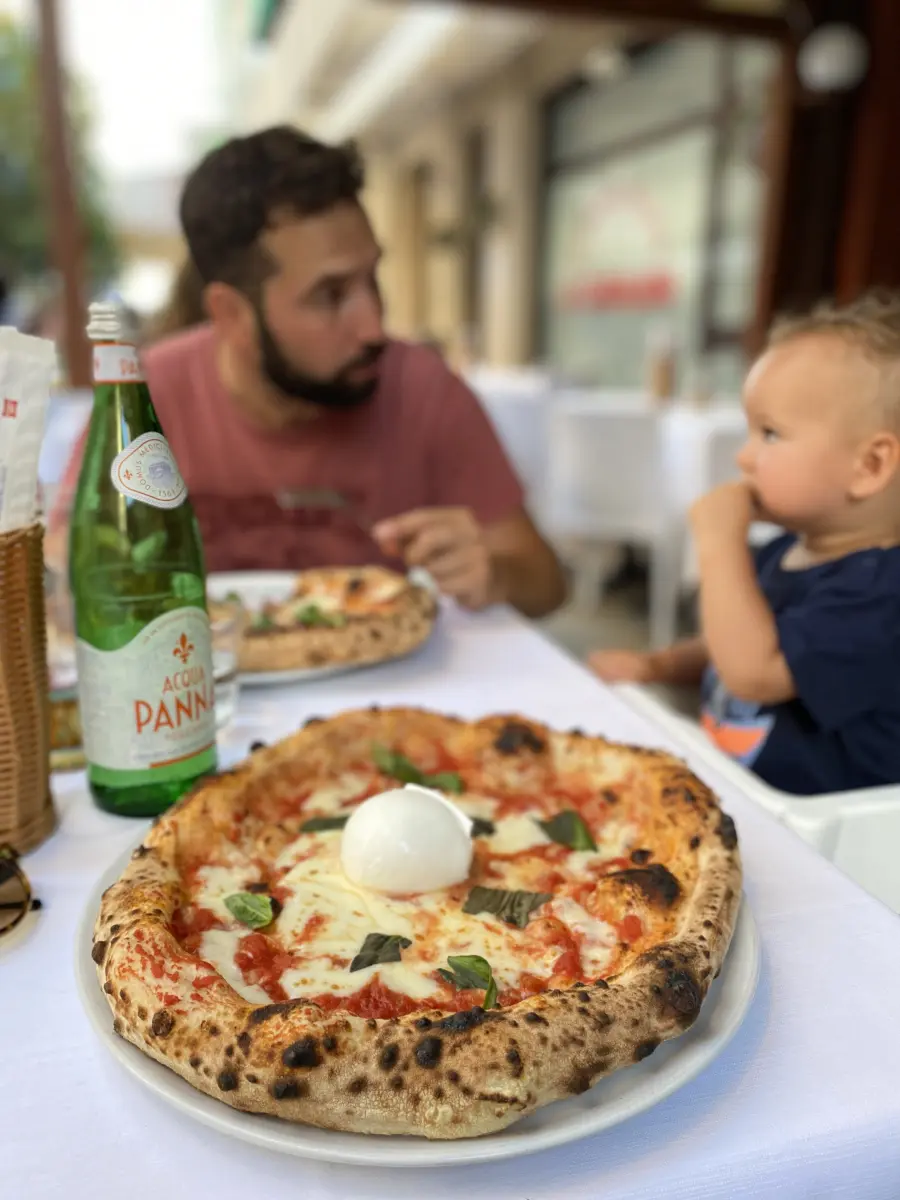
Pizza con bufala, swimming on the sandy beach, canoce – the town’s special type of crab, wandering around the stone houses in the downtown: all of them are must-do activities in Grado. But while you are here, take a boat to the blessed island of Barbana, where a magnificent basilica rings over the sea. Visit the fabulous houses at the foot of the church of Santa Eufemia, surrounded by colourful little olive trees and hydrangeas, and the narrow alleys full of flowers. Make a pilgrimage out to Fishermen’s Street, where boats arrive early in the morning after a night’s fishing, and throw a buon giorno in the rising sun. Sail between the lagoons and dock at PortoBuso and Anfora islands, where along the way fishermen cook spaghetti alla vongole in their little houses, the Casonil, using the divine ingredients caught that day. Enjoy a yoga session in the west coast sunset and a trip to Aquileia, Palmanova or Udine. The list could go on for days, but our advice is that, like the Italians, we should look inwards and go where our feet take us.
